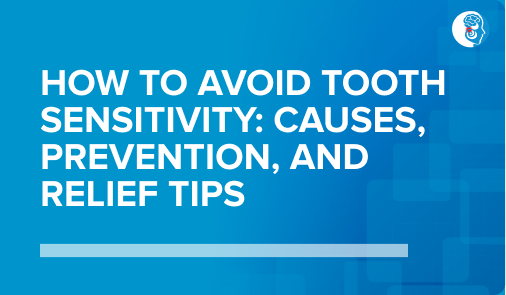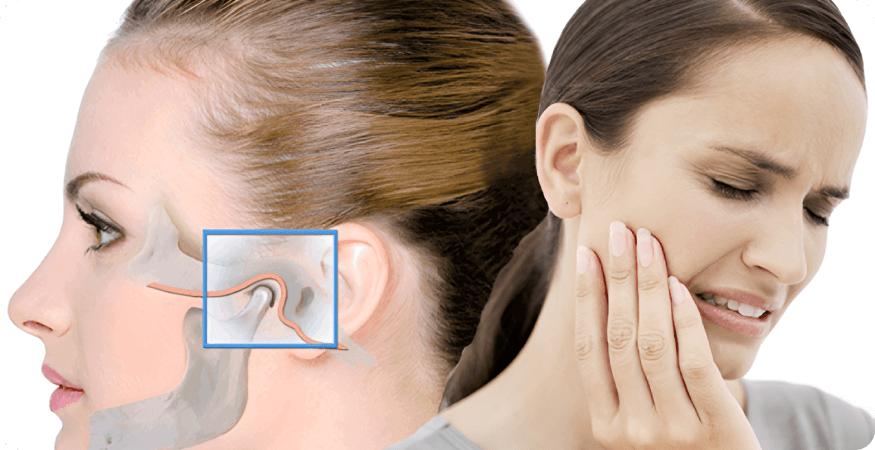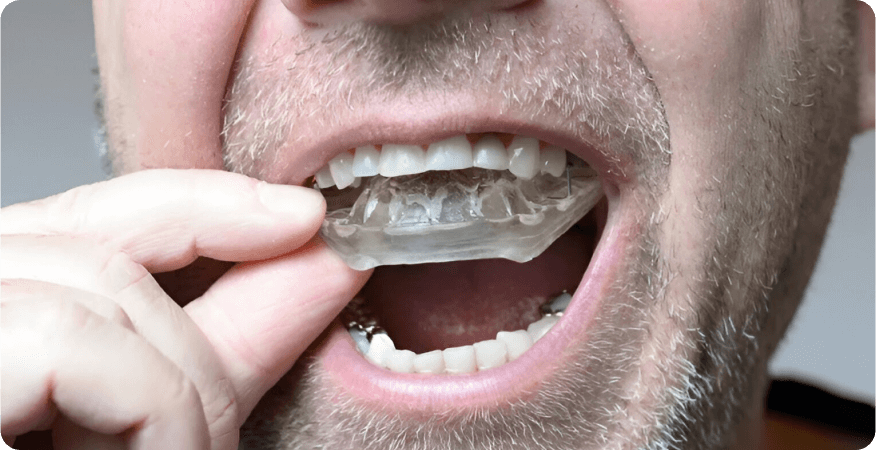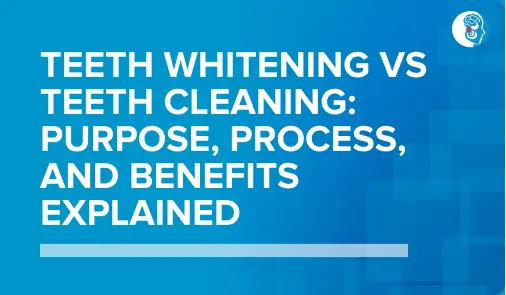
How to Avoid Tooth Sensitivity: Causes, Prevention, and Relief Tips
Tooth sensitivity can turn everyday moments into painful ones. A sip of cold water, a hot drink, or even brushing your teeth may cause sudden
Published on
Imagine not being able to open or close your mouth properly. If you are experiencing a locked jaw, it can be a challenging experience. Are you experiencing jaw stiffness and pain? Do you find opening your mouth challenging? Then, you are experiencing a locked jaw. It is painful and uncomfortable and cannot be ignored or taken lightly. A locked jaw can contribute to many dental issues, impacting your overall health due to disturbed sleep and undue tension on your jaw muscles. If you are searching for answers on the causes of jaw locking and prevention, you are in the right place. Continue reading the guide to know more!

Also known as bruxism, grinding unintentionally makes you grind your teeth, especially at night. The continuous pressure on your jaw and teeth is one of the causes of jaw locking. Many individuals do not even know that they experience bruxism or teeth grinding. They are usually aware of the problem when their family members or friends hear them doing it unintentionally. Some symptoms of bruxism include jaw stiffness and pain, worn-out teeth and headaches. The solutions include mouthguards, sleep therapies, and relaxation techniques.
It is an autoimmune condition resulting in joint inflammation. Rheumatoid Arthritis occurs when the body attacks its tissues, resulting in pain, stiffness, and swelling in the joints. It results in fever, exhaustion, and loss of appetite. In some situations, the autoimmune condition is one of the main reasons for jaw locking, where the jaw becomes excessively stiff and painful to close or open. This occurs because of TMJ inflammation, the joint that connects the skull and the lower jaw.
Any jaw muscles or mouth infection like peritonsillar abscess can impact the jaw movement. In rare cases, you may experience changes in your nerves or muscles. If it really does, you are more likely to experience the jaw locking problem.
Some medications impact nerve function and result in jaw locking. Anti-nausea medications and anti-psychotic medicines are some of the main reasons for jaw locking.


Jaw locking can considerably impact your oral health, quality of sleep and overall health. You can learn the causes of jaw locking and symptoms and follow management and prevention strategies to effectively address your locked jaw issue. Following a routine and regular visits to your orthodontist at The Right Bite Sleep and TMJ Pain Care helps you fix the issue for long-term jaw health. Book your appointment with us today to cure the most intricate of your neuromuscular orthodontic problems!
Contact us
Our other blogs

Tooth sensitivity can turn everyday moments into painful ones. A sip of cold water, a hot drink, or even brushing your teeth may cause sudden

A healthy smile depends on more than daily brushing. Professional dental care plays a key role in keeping teeth clean, gums healthy, and smiles confidently.

Tooth pain is not always easy to understand. Some pain goes away on its own. Other pain keeps coming back or getting worse over time.
WhatsApp us